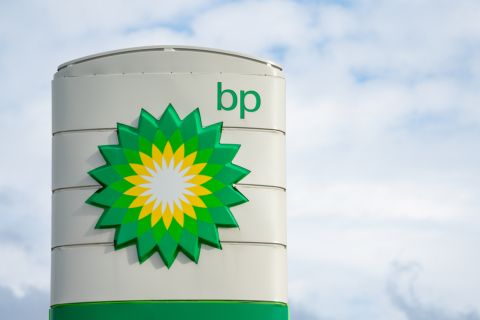At least 22 companies are qualified to bid for new exploration contracts for 20 oil blocks in Colombia, the government said May 30, as the Andean country pursues its effort to increase crude reserves.
Interested companies can present bids starting June 4, with results expected July 16, the head of the national hydrocarbons agency told journalists.
Companies will have access to competitors’ offers and will be able to modify their terms to make offers more attractive to the government, said Luis Miguel Morelli, the head of the hydrocarbons agency.
“We expect we can have 1 billion equivalent barrels of reserves in these 20 blocks,” Morelli said, adding that 18 of the areas are onshore and two are offshore.
Qualified bidders include: CNE Oil and Gas; Frontera Energy; Ecopetrol; Parex Resources; Occidental Petroleum; Gran Tierra Energy ; GeoPark; Hunt Overseas Oil Co.; Amerisur Exploracion and Mansarovar Energy and Noble Energy, among others.
Colombia expects to receive some $1.5 billion in oil investment over the coming months from this round of bidding as well as a recently-launched permanent bidding process, Morelli said.
The government hopes the new process and modified contractual terms for offshore exploration will boost its long-stagnant oil sector, which ground to a halt when global prices slumped.
Companies including Shell, Noble, Exxon Mobil Corp., Repsol and Parex have already signed on to operate new blocks this year.
The country’s crude reserves were up 9.9% last year to 1.96 billion barrels, or equivalent to 6.2 years of output. The government wants to increase reserves to at least 10 years equivalent.
Average oil production is 865,000 barrels per day, half of which is exported.
State-run oil company Ecopetrol said last week its crude exports to the United States rose nearly 25% in the first quarter because of lower supply from neighboring Venezuela and higher production.
Gas reserves fell 2.9% to 9.8 years equivalent in 2018. The energy ministry has said Colombia will soon need to import gas to supply domestic demand if reserves are not increased
Recommended Reading
PHX Minerals’ Borrowing Base Reaffirmed
2024-04-19 - PHX Minerals said the company’s credit facility was extended through Sept. 1, 2028.
SLB’s ChampionX Acquisition Key to Production Recovery Market
2024-04-19 - During a quarterly earnings call, SLB CEO Olivier Le Peuch highlighted the production recovery market as a key part of the company’s growth strategy.
BP Restructures, Reduces Executive Team to 10
2024-04-18 - BP said the organizational changes will reduce duplication and reporting line complexity.
Matador Resources Announces Quarterly Cash Dividend
2024-04-18 - Matador Resources’ dividend is payable on June 7 to shareholders of record by May 17.
EQT Declares Quarterly Dividend
2024-04-18 - EQT Corp.’s dividend is payable June 1 to shareholders of record by May 8.





